GORDON PARSONS is bowled over by a skilfully stripped down and powerfully relevant production of Hamlet
Music in the face of Femicide
BEN LUNN speaks to Mexican composer Jimena Maldonado about her work for vibraphone and voice, Repeat Their Names
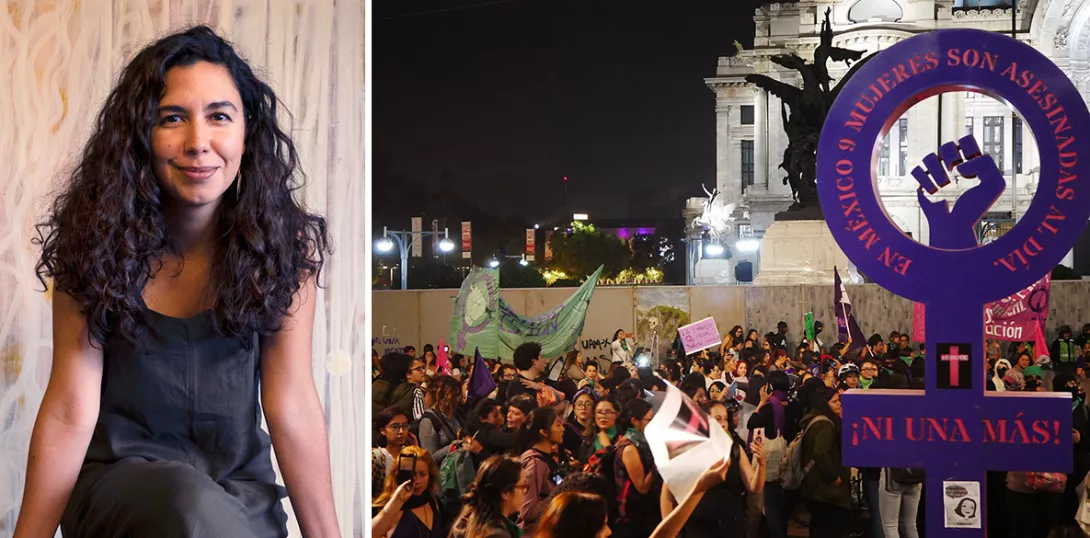
What was the inspiration for the piece?
More from this author
The phrase “cruel to be kind” comes from Hamlet, but Shakespeare’s Prince didn’t go in for kidnap, explosive punches, and cigarette deprivation. Tam is different.
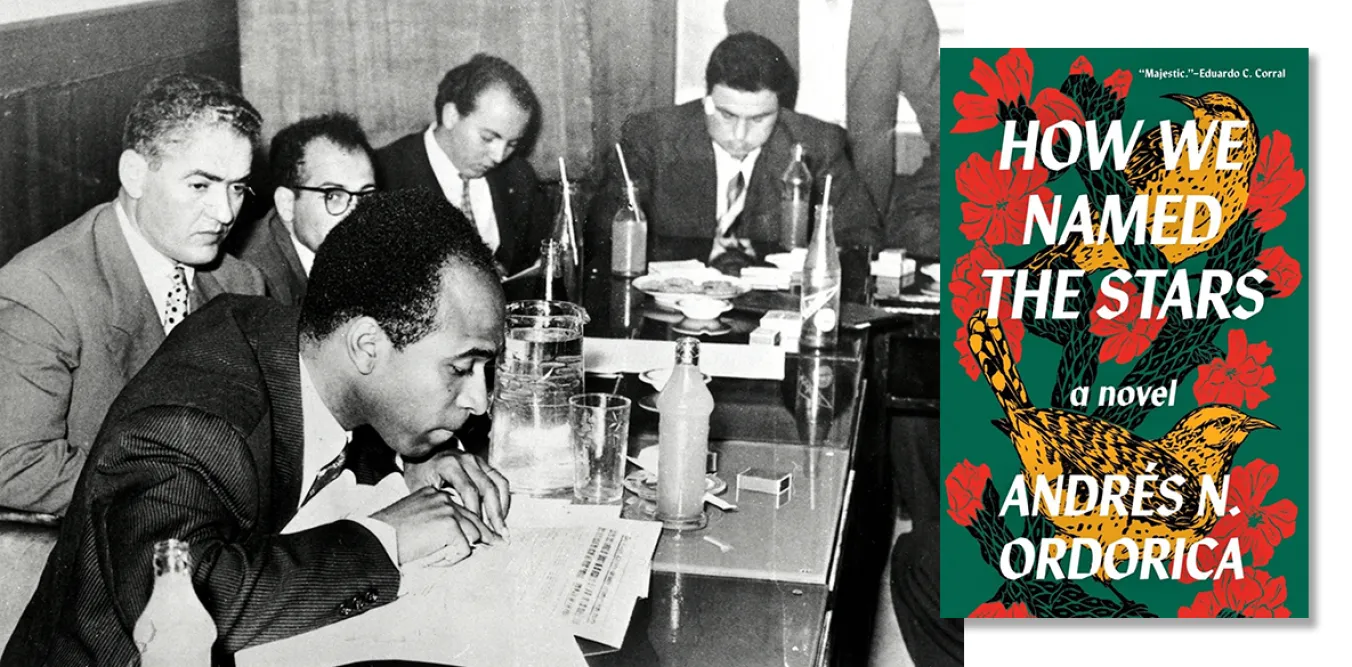
ANGUS REID deconstructs a popular contemporary novel aimed at a ‘queer’ young adult readership

A landmark work of gay ethnography, an avant-garde fusion of folk and modernity, and a chance comment in a great interview

ANGUS REID applauds the inventive stagecraft with which the Lyceum serve up Stevenson’s classic, but misses the deeper themes
Similar stories

New releases from Liana Flores, Hamish Hawk, and Meshel Ndegeocello
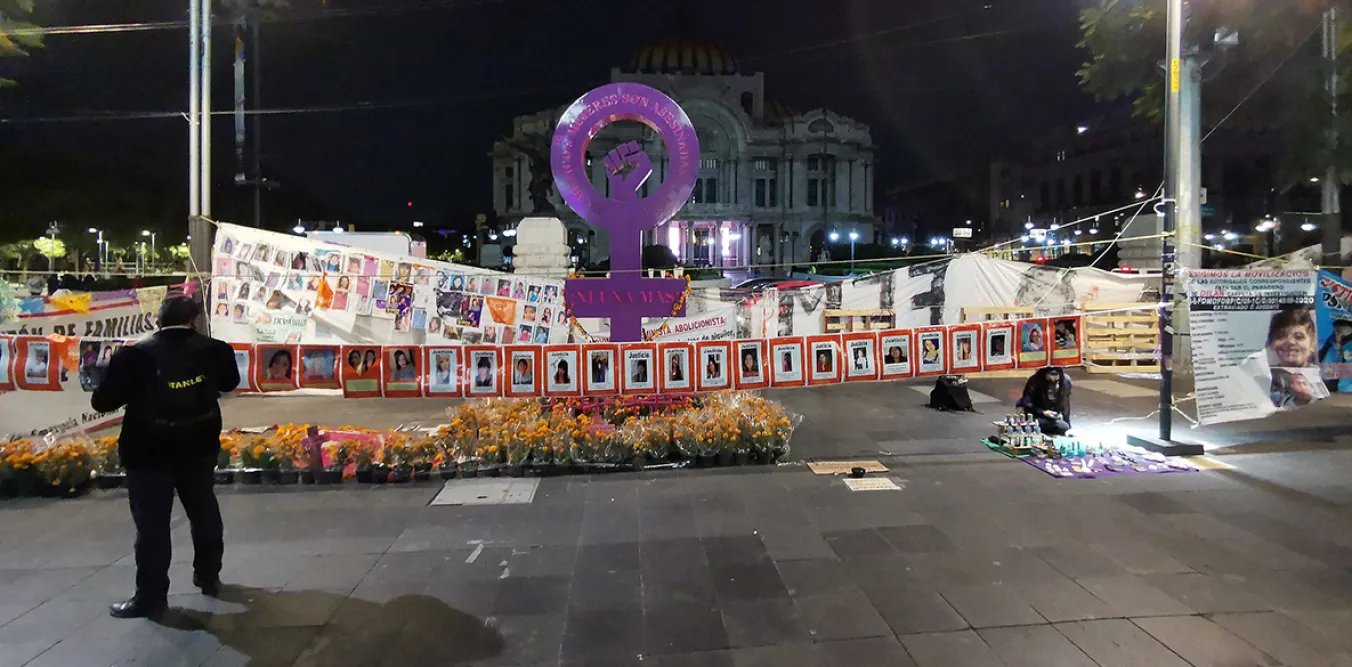
BEN LUNN reports from a new music festival in New York, and singles out a breathtaking composition that protests directly against femicide in Mexico
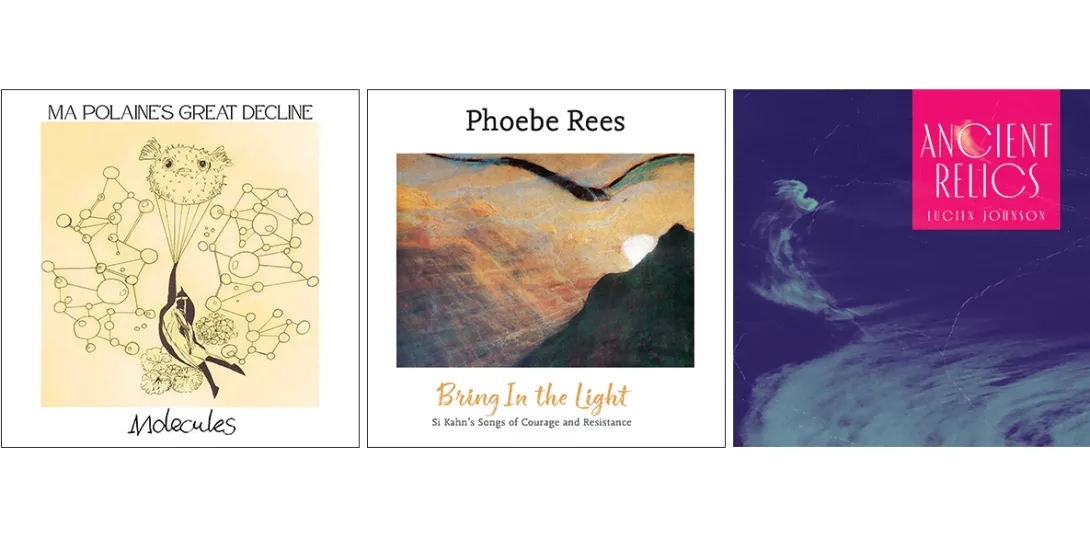
New releases by Ma Polaine’s Great Decline, Phoebe Rees and Lucien Johnson
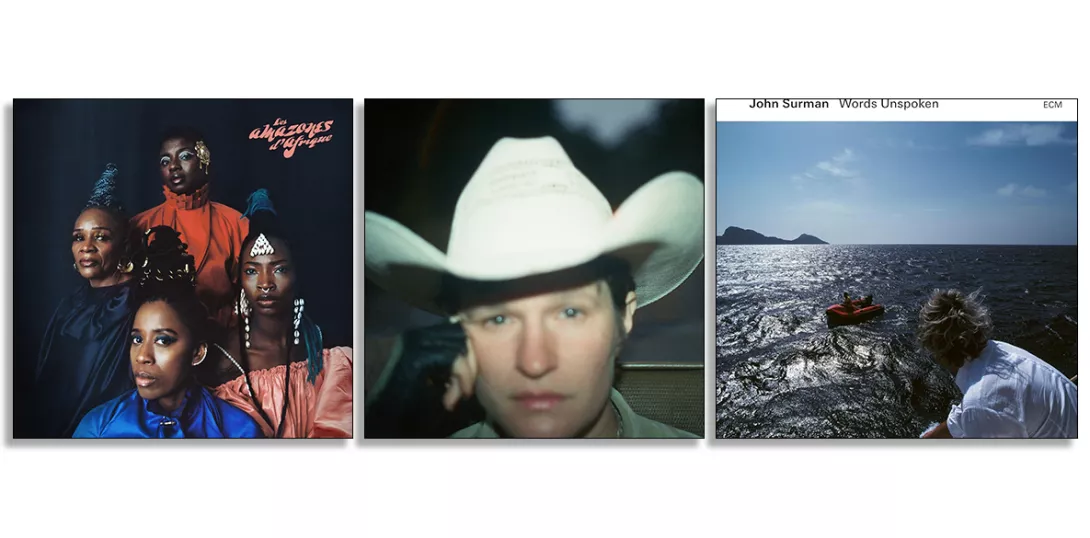
Reviews of Les Amazons d’Afrique, Adrianne Lenker, and John Surnam









